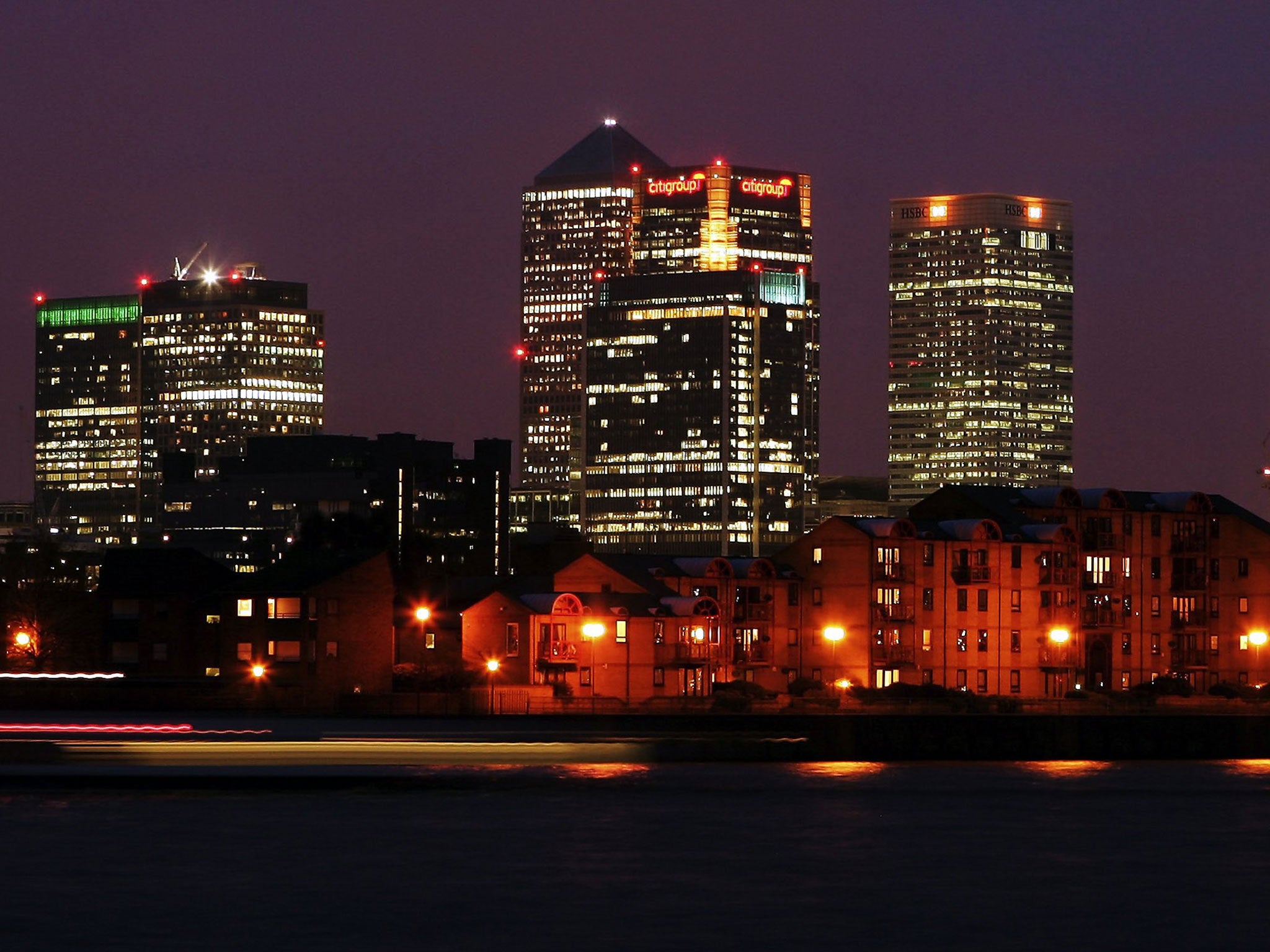UK ‘could face four day blackouts and gas cuts’ under ‘worst case scenario’ energy plan
Government insists it does not expect the scenario to happen despite concerns over supplies and soaring energy costs
Your support helps us to tell the story
From reproductive rights to climate change to Big Tech, The Independent is on the ground when the story is developing. Whether it's investigating the financials of Elon Musk's pro-Trump PAC or producing our latest documentary, 'The A Word', which shines a light on the American women fighting for reproductive rights, we know how important it is to parse out the facts from the messaging.
At such a critical moment in US history, we need reporters on the ground. Your donation allows us to keep sending journalists to speak to both sides of the story.
The Independent is trusted by Americans across the entire political spectrum. And unlike many other quality news outlets, we choose not to lock Americans out of our reporting and analysis with paywalls. We believe quality journalism should be available to everyone, paid for by those who can afford it.
Your support makes all the difference.A ‘worst case scenario’ in the ongoing energy crisis could lead to blackouts and gas cuts this winter as part of an emergency government plan, according to reports.
An electricity capacity shortfall could result in a sixth of peak demand, even after emergency coal plants are brought into use, Bloomberg News claims. If combined with a reduction in imports and below average temperatures, contingency measures could be triggered by January, it is claimed.
However, the government insists it does not expect this ‘doomsday’ scenario to play out and that homes and businesses “should be confident” there will be enough supply to meet demand.
It was reported last month the government could ask Britons to switch off their lights and turn down their thermostats in a bid to avoid blackouts over the winter months.
And there are warnings energy supplies could be “tight” this winter amid the war in Ukraine, which is being fought by major gas exporter Russia.
But the National Grid - despite issuing this warning - has insisted there will be enough power to meet demand despite potential shortages.
On Thursday, crisis talks to “knock some heads together” will take place between energy sector bosses and the Government after the price cap was forecast to hit more than £4,200 in January.
Chancellor Nadhim Zahawi and Business Secretary Kwasi Kwarteng will ask gas and electricity company executives to submit a breakdown of expected profits and payouts as well as investment plans for the next three years.

Education Secretary James Cleverly confirmed the meeting as he sought to downplay concerns over energy blackouts this winter.
The Cabinet minister said the UK is in a “better position than many” when it comes to domestic energy production but cautioned: “It’s not going to be easy.”
Mr Cleverly told ITV’s Good Morning Britain: “The Chancellor of the Exchequer and the Business Secretary are actually calling in the leaders of those big energy companies to knock some heads together and basically hold them to account about what they’re going to do with those profits.
“The increase in energy costs has been driven by the war in Ukraine and a global crunch, this is affecting everyone pretty much across the world, everyone in the developing world is seeing those energy bills go up.”
A spokesperson for the Department for Business, Energy and Industrial Strategy described reports of blackout plans as “wilfully misleading” and “not something we expect to happen.”
“We are not dependent on Russian energy imports unlike Europe, with access to our own North Sea gas reserves, steady imports from reliable partners, the second largest LNG port infrastructure in Europe, and a gas supply underpinned by robust legal contracts, meaning households, businesses and industry can be confident they will get the electricity and gas they need,” the spokesperson added.
Additional reporting by Reuters





Join our commenting forum
Join thought-provoking conversations, follow other Independent readers and see their replies
Comments